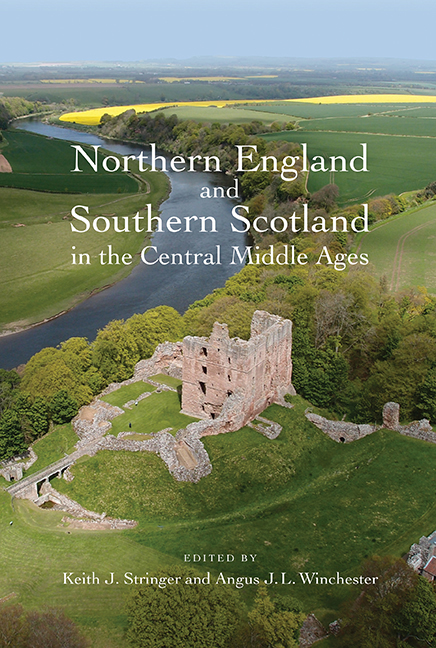Book contents
- Frontmatter
- Contents
- List of Figures
- List of Tables
- List of Contributors
- Preface
- Editorial Notes
- List of Abbreviations
- Introduction: ‘Middle Britain’ in Context, c.900–c.1300
- 1 Kingdom and Identity: A Scottish Perspective
- 2 Law, Governance and Jurisdiction
- 3 Languages and Names
- 4 Dioceses, Saints’ Cults and Monasteries
- 5 Parishes and Churches
- 6 Lords and Tenants
- 7 Rural Settlement Patterns on the Ground
- 8 Shielings and Common Pastures
- 9 Towns and Trade
- 10 Fortifications
- Index
1 - Kingdom and Identity: A Scottish Perspective
Published online by Cambridge University Press: 24 August 2019
- Frontmatter
- Contents
- List of Figures
- List of Tables
- List of Contributors
- Preface
- Editorial Notes
- List of Abbreviations
- Introduction: ‘Middle Britain’ in Context, c.900–c.1300
- 1 Kingdom and Identity: A Scottish Perspective
- 2 Law, Governance and Jurisdiction
- 3 Languages and Names
- 4 Dioceses, Saints’ Cults and Monasteries
- 5 Parishes and Churches
- 6 Lords and Tenants
- 7 Rural Settlement Patterns on the Ground
- 8 Shielings and Common Pastures
- 9 Towns and Trade
- 10 Fortifications
- Index
Summary
A fundamental challenge for understanding the history of medieval middle Britain is: how did the Border of the Scottish kingdom, which in the east originally ran through a society whose inhabitants on both sides identified themselves as English, become a frontier between two peoples, Scots and English? The most cogent answer to date is that divided allegiance led to a difference in identity. It is argued here, however, that the connection between allegiance and identity was only possible as a result of a radical change in how the Scottish kingdom was imagined as an entity distinct from the king or the royal lineage. This takes us exclusively into the realm of ideas rather than political reality. Since the ninth century (at least) the kingdom was identified with the landmass north of the Forth; in the late twelfth century, however, all territories under the ultimate authority of the king of Scots began to be seen as forming the core ‘kingdom of Scotland’ or ‘kingdom of the Scots’. It is argued that this was an essential preliminary to the Border becoming a frontier between two peoples so that, by the late thirteenth century, it is likely that all north of the Border identified themselves as ‘Scots’.
This can readily be recognised as part of a fundamental European development identified by Susan Reynolds: a growing assumption that ‘kingdom’ and ‘people’ naturally coincided regardless of size. She has shown that this pattern of thinking about kingdoms began to take root in the twelfth century. England was one of her main case studies; in this chapter attention will focus on Scotland, where this process can now be studied in unparalleled depth due to a new digital research tool and a quirk of Scottish charters. This is not, however, simply a matter of providing a more detailed example of a wider European phenomenon. A fundamentally new perspective is offered by placing charter scribes centre stage. Susan Reynolds saw the ‘background of values and assumptions that are taken for granted’ as crucial for understanding political ideas. She sought to investigate this background through studying lay collective activity as revealed in an impressive range of sources.
- Type
- Chapter
- Information
- Publisher: Boydell & BrewerPrint publication year: 2017



